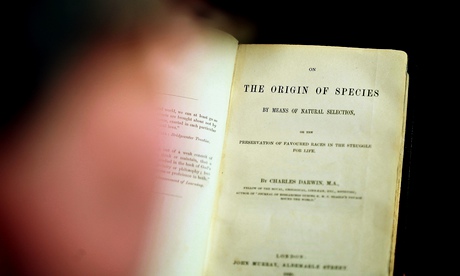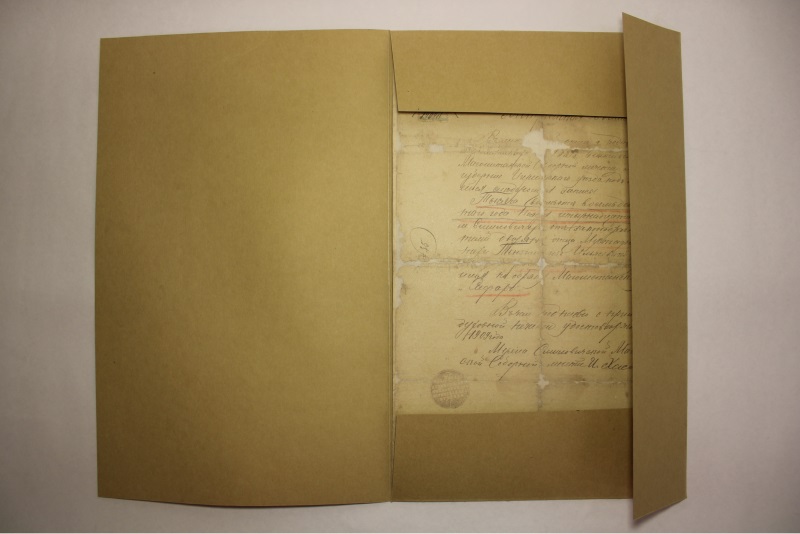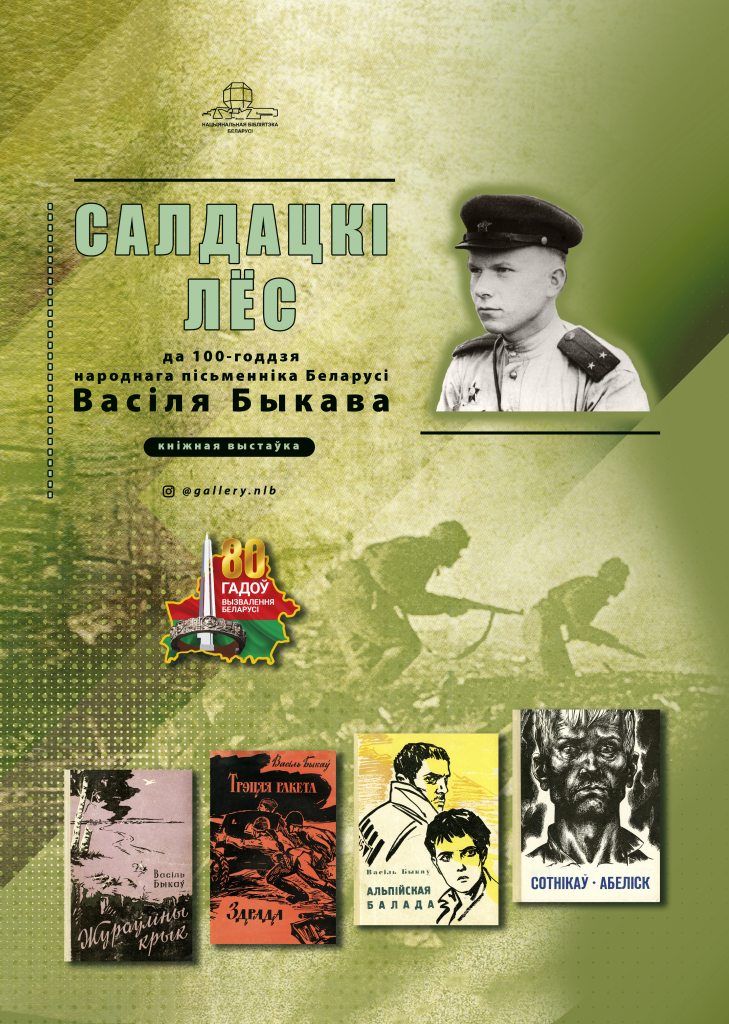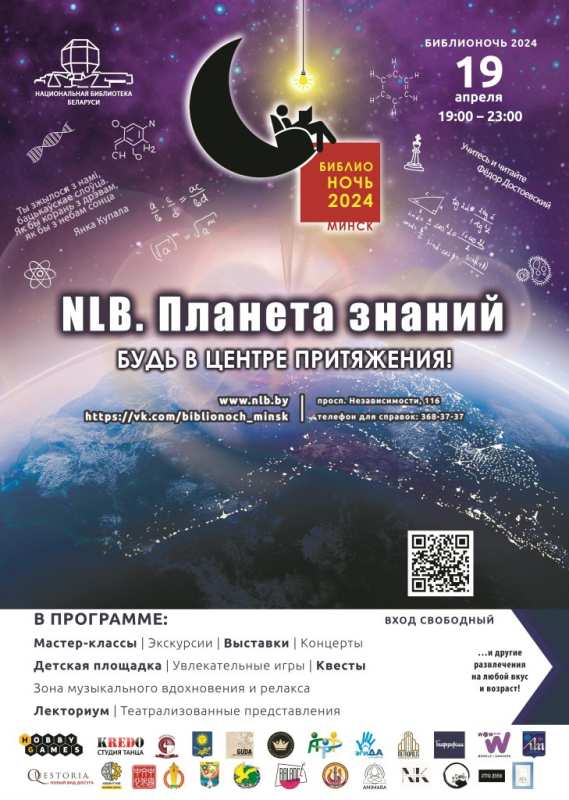The Bible garnered 37% of the vote, while On the Origin of Species received 35%, followed by works by Stephen Hawkings, Albert Einstein and George Orwell.
One lays out how “In the beginning God created the heavens and the earth”, the other saw Christianity shaken to its roots as Charles Darwin put forward his theory of natural selection. Together, the Bible and On the Origin of Species are the two most valuable books for humanity, according to a survey of the British public, with the religious text narrowly edging out one of the most important works in the history of science.
The Folio Society’s survey of 2,044 British adults, conducted by YouGov, asked members of the public to name the books of most significance for the modern world. The Bible took 37% of the vote, with Darwin’s masterwork coming in second, with 35%.
Stephen Hawking’s A Brief History of Time (17%) crept ahead of Einstein’s seminal Relativity (15%) to take third place, with just two novels making the top 10 of the “books voted most valuable to humanity”: Nineteen Eighty-Four (14%) and To Kill a Mockingbird (10%). Philosophiæ Naturalis Principia Mathematica, in which Isaac Newton derives the laws of classical mechanics, took 12% of the vote, with the Qur’an (9%), Adam Smith’s foundation of modern economics The Wealth of Nations (7%) and James Watson’s account of the discovery of DNA, The Double Helix (6%), rounding out the top 10.
Respondents were given a list of 30 books from which they were asked to choose three titles. Mary Wollstonecraft’s A Vindication of the Rights of Women received 4% of the vote, as did Alice’s Adventures in Wonderland, and Pride and Prejudice. The Communist Manifesto landed 5%, as did War and Peace and Hamlet. A few of the 30 titles received no votes: Cicero’s Orations, Salman Rushdie’s Midnight’s Children, and Kurt Vonnegut’s Slaughterhouse-Five.
“The first question I had was whether the similar figure for Darwin and the Bible does show a continuing polarisation between the realms of science and religion, or whether in fact it reveals a more balanced approach to ideas for the modern reader,” said Tom Walker, editorial director at The Folio Society. “They are the two ideas which have clashed in the 20th century – this shows, I think, that we can take understanding from both of them.” The Qur’an, he added, is “probably relatively recent to many UK people’s top 10 because of the impact of global debates around Islam”.
The publisher also asked respondents why they plumped for their choices: the Bible was chosen largely because it “contains principles/guidelines to be a good person”, the publisher said, while On the Origin of Species was cited because it “answers fundamental questions of human existence”.
Breaking respondents down by sex, men put Darwin top (37%), followed by the Bible (36%), Hawking and George Orwell, while women went for the Bible (38%), followed by Darwin (33%), Hawking, Einstein and Harper Lee.
Walker said that the list perhaps revealed “which books are perceived as having influence or giving understanding, rather than those which we personally read in order to understand the world around us”, citing A Brief History of Time as “surely one of the most underread bestsellers ever written”, and adding that the readership for Newton’s Principia Mathematica is probably “pretty thin”. “There is an overtly political message to both of the fiction titles,” he pointed out, “but fiction generally doesn’t seem to be seen as so highly influential in how people judge ideas in society; Shakespeare and Tolstoy also have low percentages.”
“How different might the survey have looked 100, or even 30 years ago?” said Walker. “How might it look in another 30 years – will Darwin have taken over; will the worrying rise of Nineteen Eighty-Four’s relevance continue; might the Qur’an continue to rise in significance in the UK; or might advances in DNA technology mean that The Double Helix grows in stature?”
The 10 books voted most valuable to humanity
- The Bible (37%)
- On the Origin of Species by Means of Natural Selection by Charles Darwin (35%)
- A Brief History of Time by Stephen Hawking (17%)
- Relativity: The Special and General Theory by Albert Einstein (15%)
- Nineteen-Eighty-Four by George Orwell (14%)
- Philosophiæ Naturalis Principia Mathematica by Isaac Newton (12%)
- To Kill a Mockingbird by Harper Lee (10%)
- The Qur’an (9%)
- An Inquiry into the Nature and Causes of the Wealth of Nations by Adam Smith (7%)
- The Double Helix: A Personal Account of the Discovery of the Structure of DNA by James Watson (6%)
© Copyright (c) The Guardian










